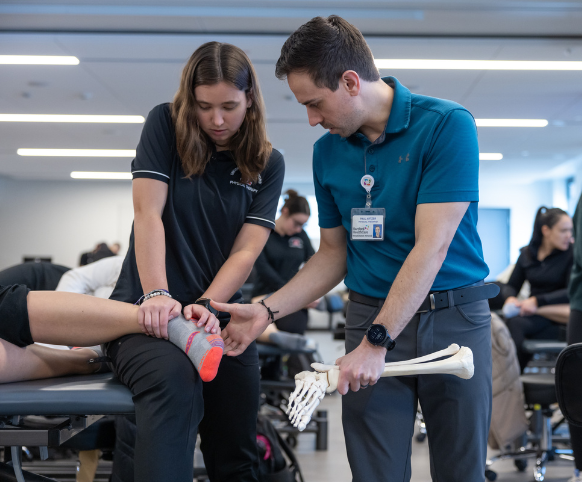Institution-Level Assessment

Essential Learning Outcomes
Essential Learning Outcomes (ELOs) are assessed at the senior level of bachelor's degree programs during the designated academic year. There are other specific ELOs evaluated in University Interdisciplinary Studies (UIS) and Mathemtatics departments on a different cycle.Program-Level Assessment

Program Learning Outcomes
The University recommends that programs have at least 5-7 program learning outcomes, although programs with professional accreditation may have more than this number. On an annual basis, 2-3 of these outcomes are assessed, with programs selecting which outcomes to evaluate each year. It is advised that programs assess different outcomes each year rather than repeating those from the previous year. Ideally, all of the program's outcomes should be assessed at least once within a five-year span.Helpful Resources & Links
Need Assistance?
Faculty should email assess@hartford.edu if they need assistance with editing program learning outcomes, choosing an assessment project, collecting data on a project, analyzing results, or navigating any assessment software.